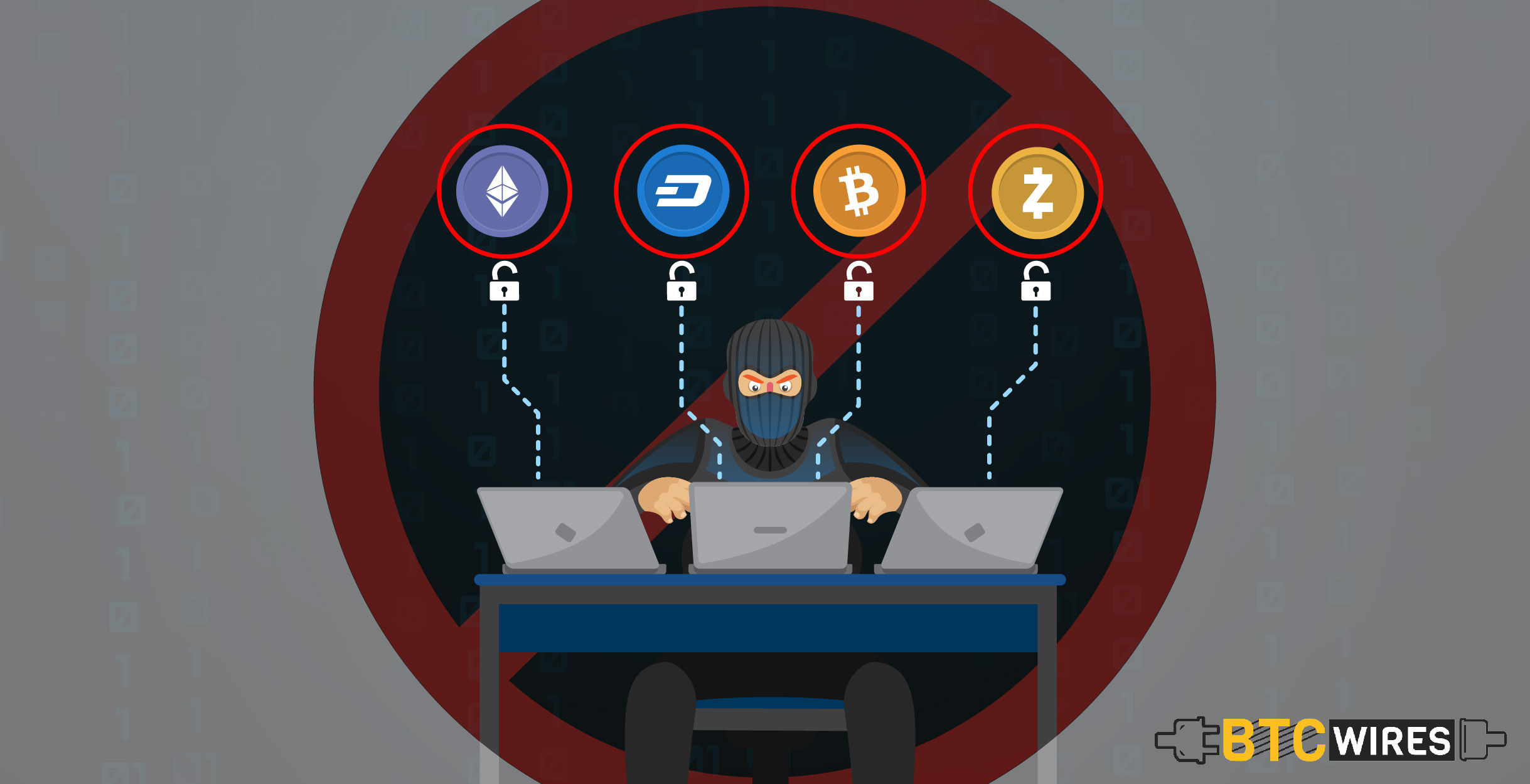With the increasing level of interest people have been showing

With the increasing level of interest people have been showing in cryptocurrencies, cybercriminals have found a new wall to breach. Swindlers and scammers abound the internet and they frequently take advantage of minor loopholes left by the slight carelessness of consumers or little flaws in the system to pocket large amounts of cryptocurrencies. In addition, many fake ICOs (initial coin offerings) have also begun to mushroom all around the internet, scamming people to commit their hard-earned money to dubious or fake projects.
Even when the crypto industry was enjoying its dream run last year, most ICOs were nothing but false mirages eluding consumers. As a Statis Group Report revealed, 80% of 2018 ICOs were false. Moreover, Twitter also proves to be the hotbed of crypto controversy with hackers and impersonators capturing or mimicking accounts of famous personalities technology and crypto, such as Vitalik Buterin, John McAfee or Elon Musk. These cybercriminals then go on to ask their followers to send them crypto tokens to get high returns. Pump and dump scenarios are also fairly common- hoarding and driving crypto prices up and suddenly dropping all holdings to take advantage of the high price.
A host of other kinds of scams occur through phishing, malware downloads, fake wallets or wallet security breach. As a result, people lose the money they had invested overnight, with scammers often leading no trail behind.
With all these different kinds of scams, is it possible to stop them altogether? Perhaps not, since swindlers are continually coming up with new ways to baffle the public. However, there are some things consumers can do to remain cautious against falling prey to the swindling schemes of the cybercriminals. When we look at how the criminals managed to pry through a small security flaw or quirk in the Decentralized Autonomous Organization (DAO) code, or how they swindled off 850000 Bitcoins from Mt.Gox, it is no wonder that it seems a daunting prospect to prevent crypto scams.
However, there are ways to prevent these scams if not stop them altogether. Firstly, and most importantly, customers must do a thorough due diligence before investing in any crypto token. This helps them guard against false projects and fake Twitter announcements. In terms of technology, there are several tools at hand that help customers keep their guard up. For example, a Google Chrome extension now flags ICOs that look dubious so investors can be careful. Besides, Twitter is also taking measures to safeguard influencers’ accounts so crypto enthusiasts are not misled towards mirages. Influencers like Buterin themselves often take to Twitter to warn against impersonators. Vitalik Buterin, the founder of Ethereum even changed his Twitter Display Name to “Vitalik Non-Giver of Ether” to protect against people who claim to be him. Cold wallets are another way to minimize risks of being scammed. Cold storage in crypto basically refers to holding crypto tokens in offline wallets, that, since they are not connected to the internet, are automatically safer, and less prone to security breaches.
To prevent crypto scams, consumers must be aware of what they’re getting into and we can hardly stress enough on the need for due diligence. With enough caution and use of effective tools available for enthusiasts, it might become possible to bring down the incidence of crypto scams.

